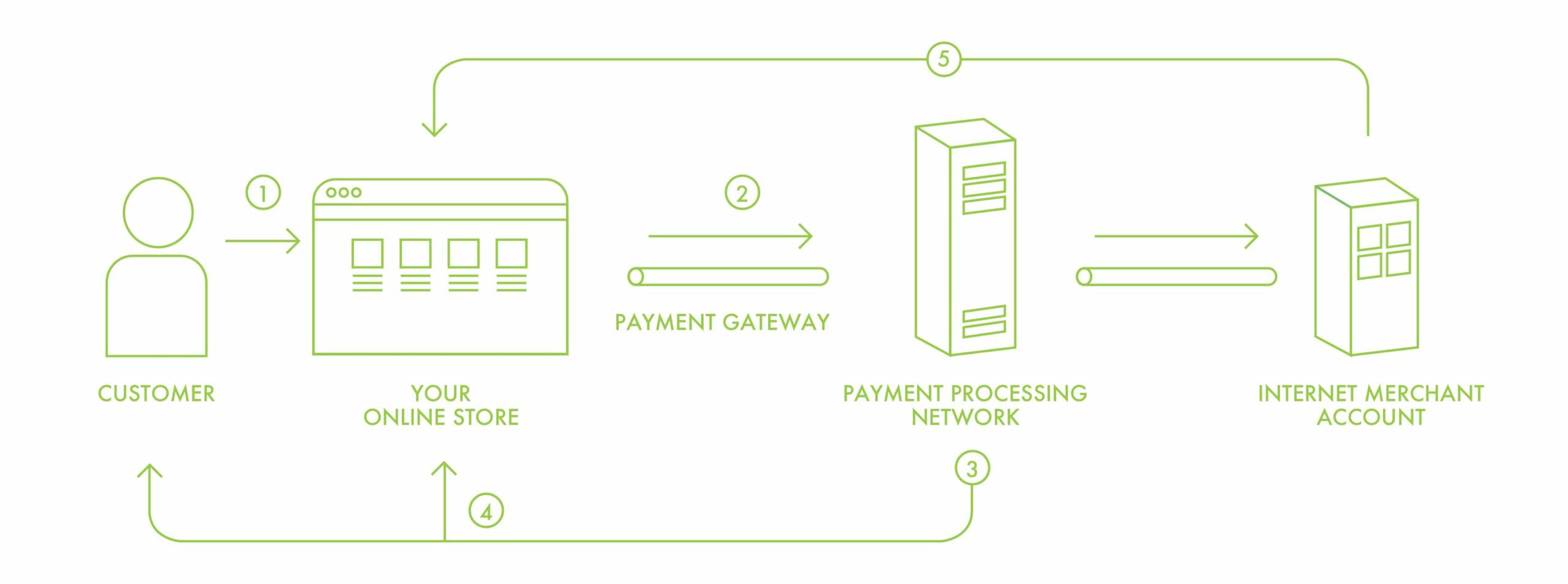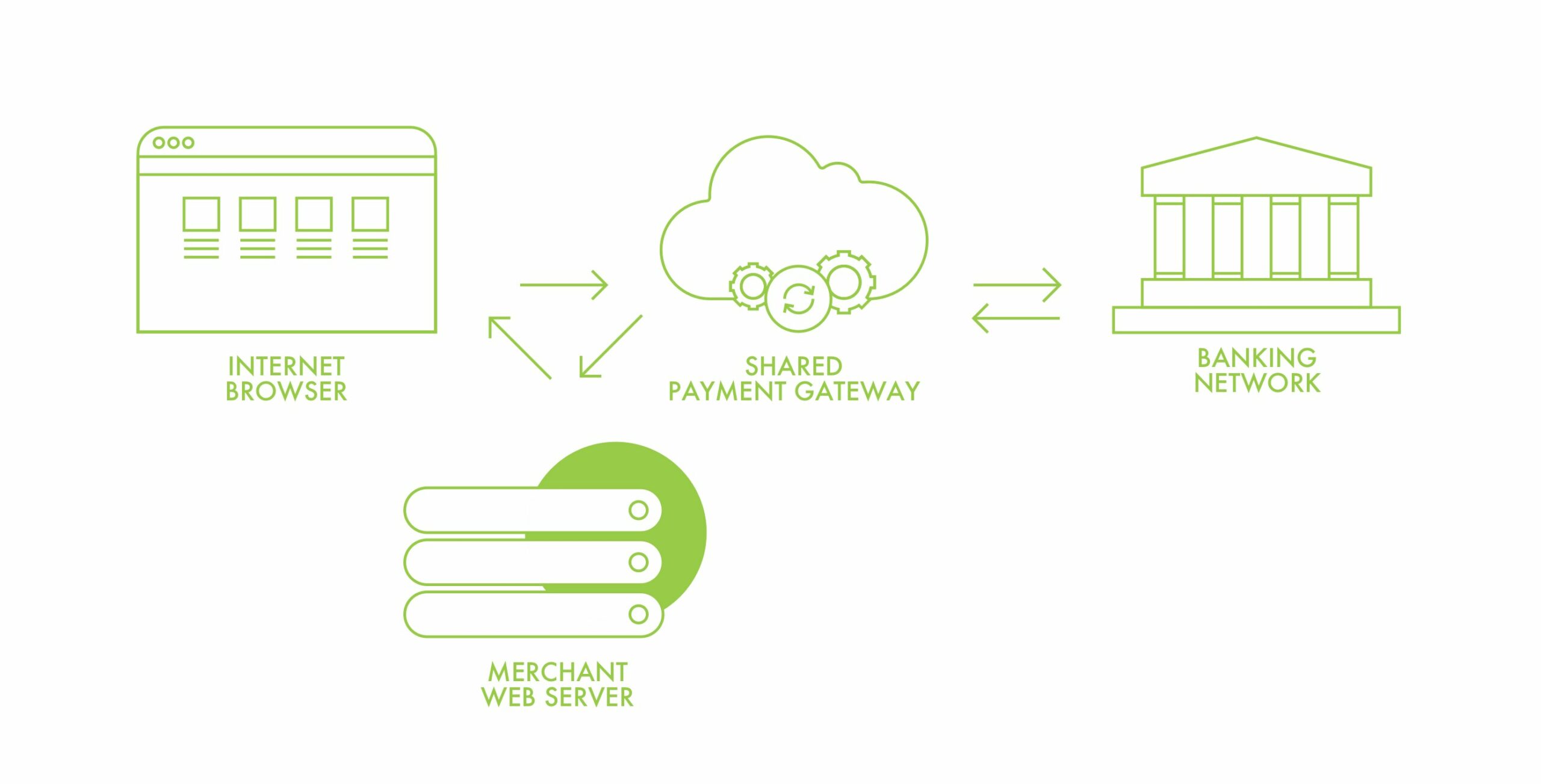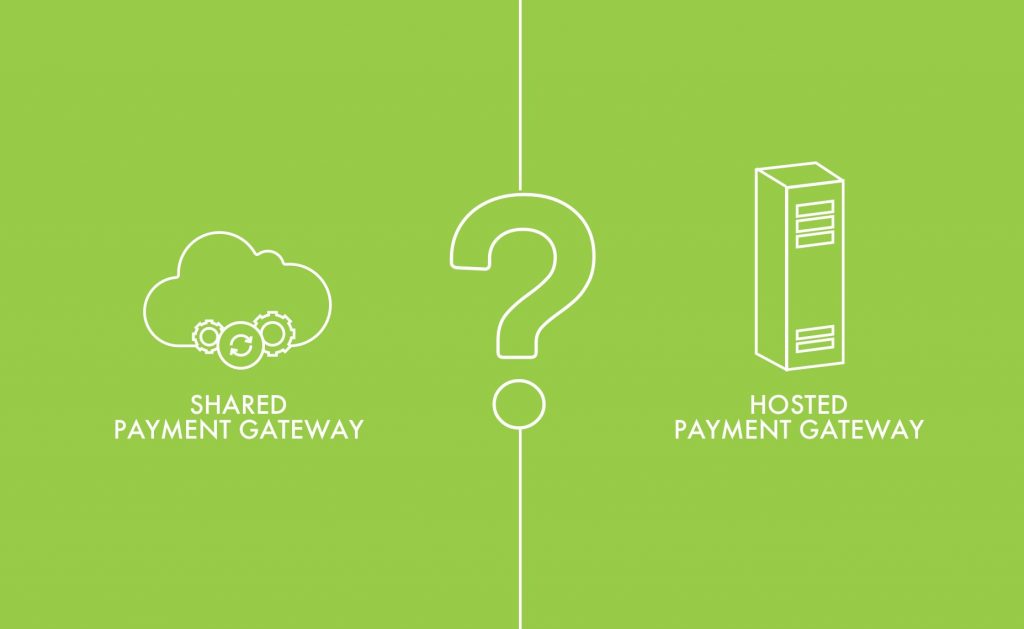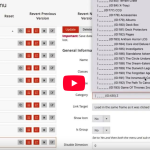
April 7,2021
Shared and Hosted Payment Gateways, Which Will Work For Me?
![]()
You have a beautiful eCommerce website in mind to display your stock, you know what products you are going to sell, but you are not quite sure about payment options to offer your customers, well we are going to explain to you what they are so you can decide which is right for you.
Your customers have two basic eCommerce shopping options
They are either ordering and purchasing via your business phone line or shopping on your eCommerce website – for both options you will need a Payment Gateway – you could look at it as a card terminal, like the ones you see in a brick and mortar shop, but in this instance a ‘virtual’ card terminal.
It is this process which enables your customer’s credit or debit card to be checked or validated and their ability to pay is confirmed. (This process was discussed in my last blog).
So you might ask – what are the options for payment gateways? and what type of payment gateway do I use for my eCommerce website? Well there are two main types of payment gateway – Hosted and Shared Payment Gateways.
Hosted Payment Gateway

With a hosted payment gateway when your customer is ready to purchase from your website they will click on the payment gateway link and as soon as they do this they are transferred away from your website and redirected to the actual gateway.
(It’s as if your customer has been taken into a separate, secure room to make the payment). Your customer will therefore be away from your website for a while whilst the payment instructions are completed.
This method can be advantageous as it means you do not need to obtain a Merchant ID – this is because no confidential details are being transacted whilst the customer in on your website. Good examples of this type of hosted payment gateway are PayPal and Worldpay.
Shared Payment Gateway

With a shared integrated gateway when your customer is ready to make a purchase and click on the payment gateway link they do not leave your website at all. They stay in your ‘virtual’ shop and their credit or debit card details are checked and validated through the secure gateway built into your own website.
This creates a smooth and seamless transaction from shopping basket/cart to payment. Of course you will need to make sure that your chosen gateway and the actual API (which stands for Application Programming Interface) will integrate ok with your website and that the API has a good support service backup.
Also, with a shared payment gateway you are responsible for the security of your cardholder’s data and also compliance with rules and regulations such as PCI Security Standards.
This might all seem very daunting but your chosen website developer should know all the important basics and pitfalls and be happy to discuss this thoroughly with you during your initial design discussions prior to the website build.
If this subject hasn’t been raised during these initial discussions then I must stress that you are with the wrong website developer! Find another!
As for choosing the right type of gateway for your business, there are advantages and disadvantages to both methods and you will need a good idea of your customer base, potential sales and payment gateway costs to make the right decision.
So which one is best for me?

Because not all website building platforms accept all payment gateways you need to make sure which gateways API’s will be fully supported with your chosen eCommerce platform.
Once you have several in mind you can then review the pricing and costs involved thoroughly. The majority of payment gateways charge fees, these could be setup costs, monthly admin fees and transaction fees.
You will also want to assess how the gateway looks on your website, have a look at the payment gateway demo site and ask yourself what experience will my customer have if they use this gateway? How will it flow for them? How long will it take to complete – from order to completed purchase? Would I be happy to use this or would I give up half-way through?
This might seem that a lot of work but remember you are not going to be an Amazon or eBay overnight so choose something appropriate to your product, your customer base and your potential initial sales.
If you want an eCommerce website and shared or hosted payment gateway why don’t you give isev a call – 01952 897444 or email. We would be pleased to help and we are very proud of the beautiful and fully functional eCommerce websites we have produced, after all doesn’t your product deserve the best?




